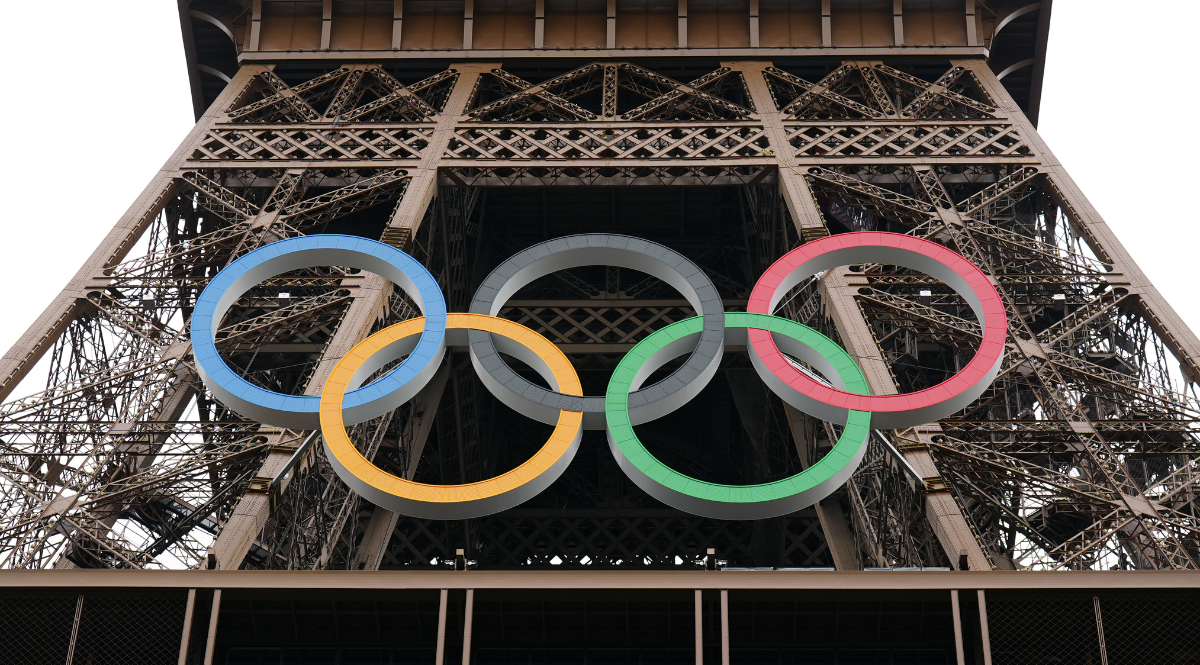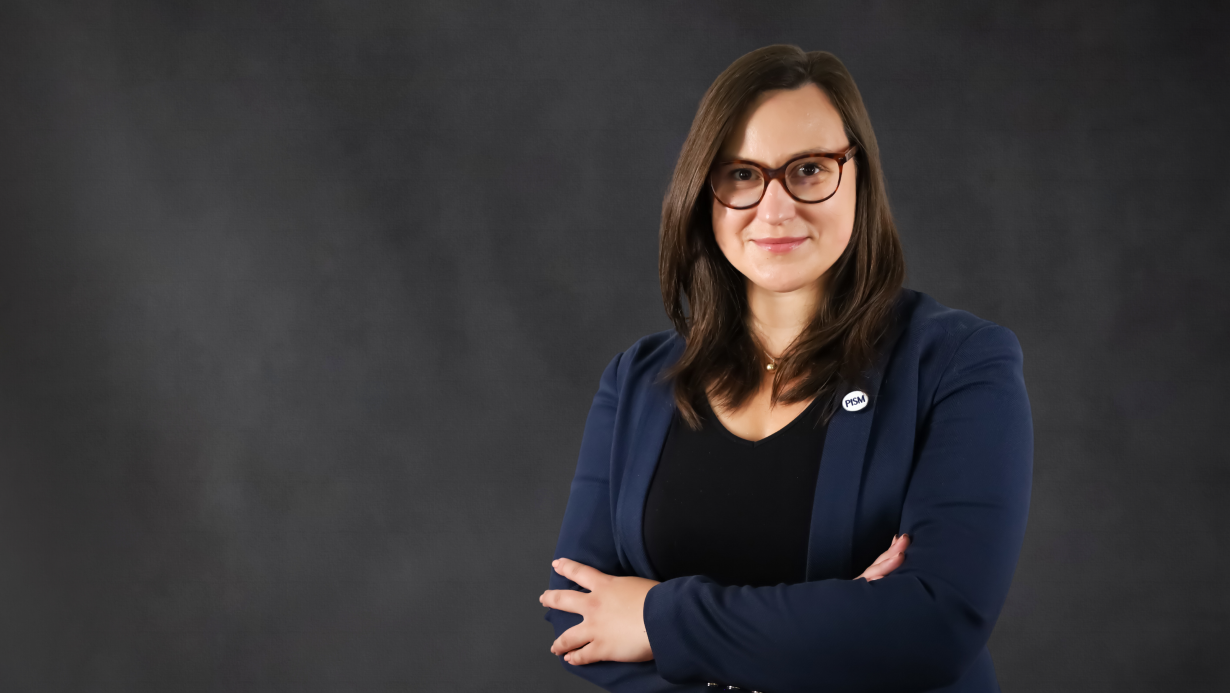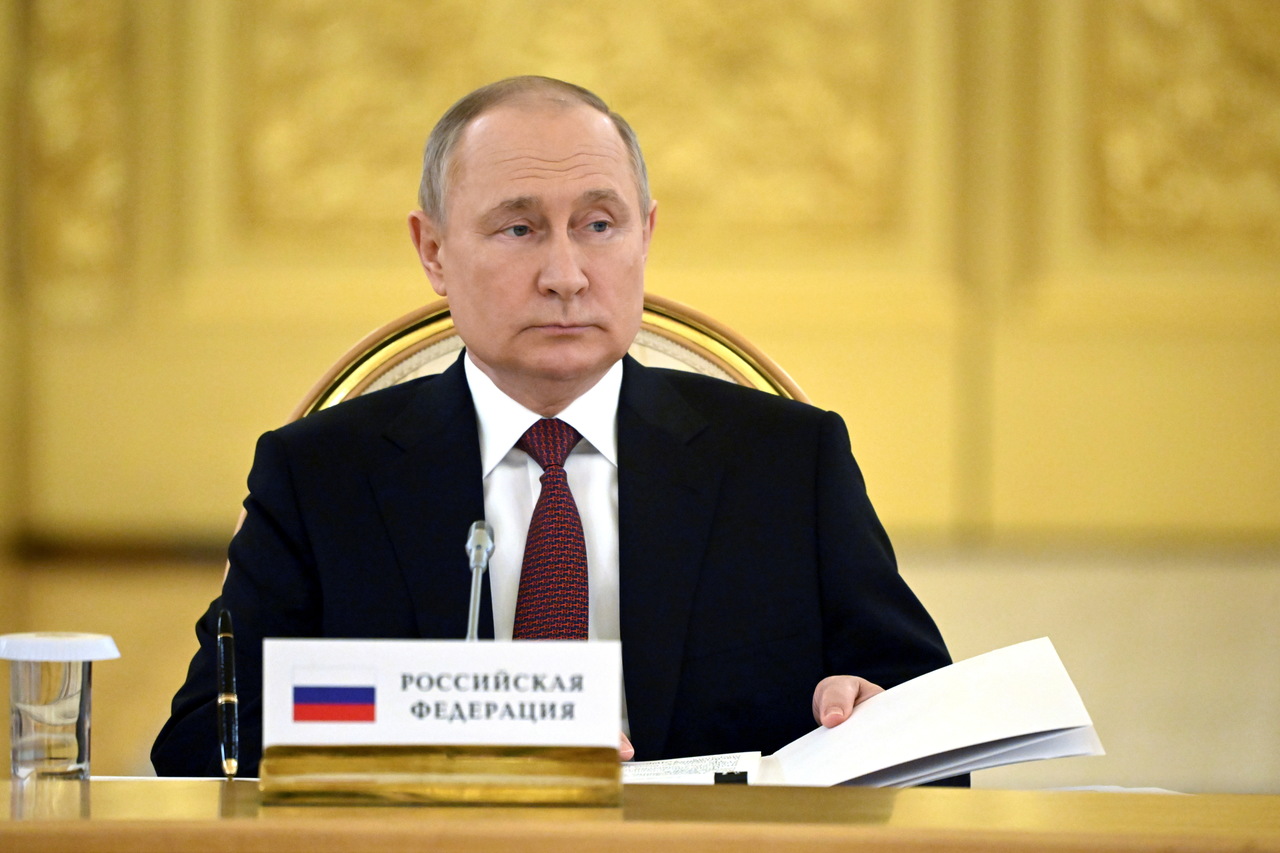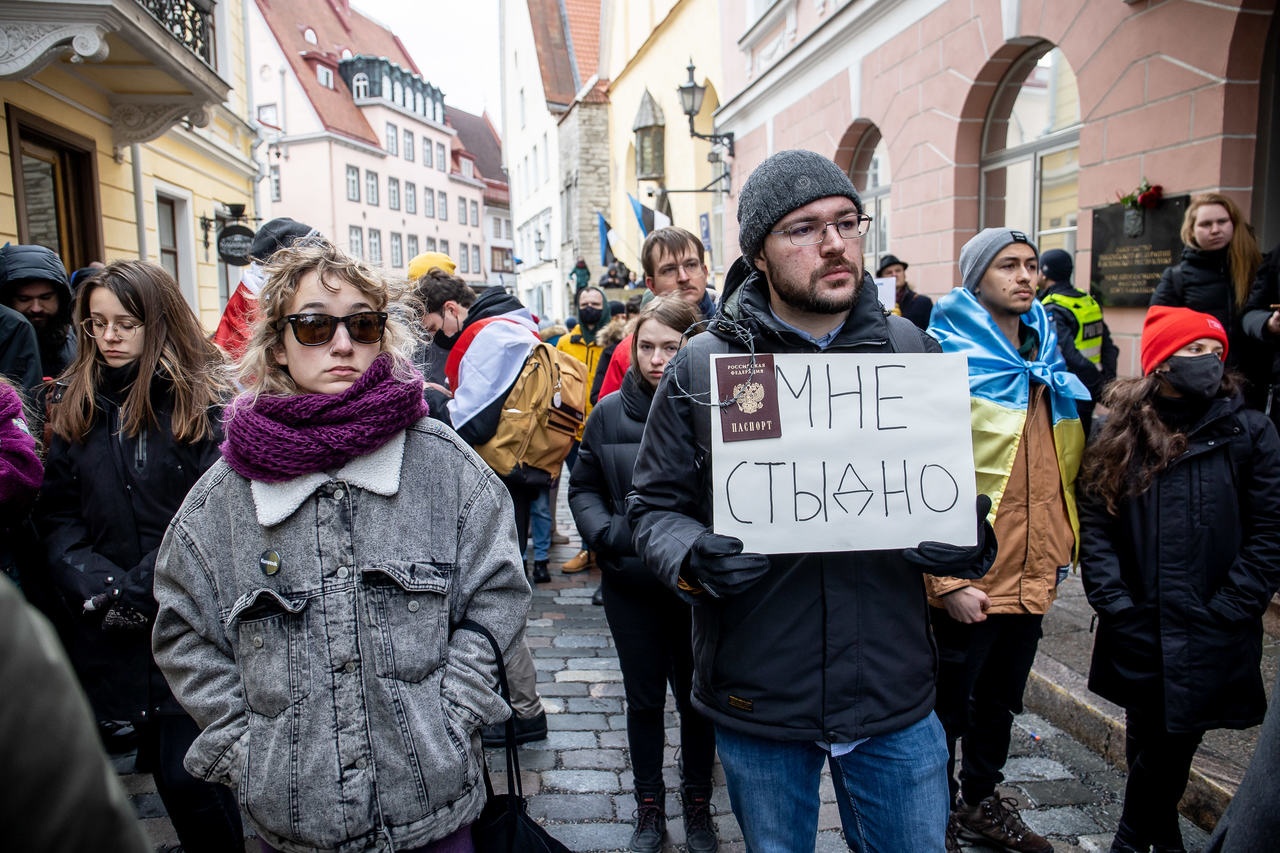Russian Athletes' Participation in the Olympic Games Arouses Controversy
Despite the ongoing Russian aggression against Ukraine, the International Olympic Committee (IOC) has allowed athletes from Russia to participate as neutral competitors in the Paris Games, which began on 26 July. Their participation is subject to a number of conditions such as a ban on actively supporting the aggression against Ukraine, but the IOC’s recommendations have been criticised by many countries as too liberal and imprecise, leaving the interpretations to individual sports federations.
 Mike Egerton / PA Images / Forum
Mike Egerton / PA Images / Forum
Russia at the Olympic Games
Due to state-supported doping, Russia was excluded by the IOC from participating in the 2018 Winter Olympic Games, although the Executive Committee of the World Anti-Doping Agency (WADA) had already called for this in 2016. Russians thus competed under the neutral IOC flag as “Olympic Athletes from Russia” (in Pyongyang in 2018) and “representatives of the Russian Olympic Committee” (in Tokyo in 2020/2021 and Beijing in 2022).
The invasion of Ukraine in 2022, between the end of the Winter Olympic Games and the start of the Paralympic Games, prompted a reaction from the sporting world. The International Paralympic Committee excluded Russia and Belarus from participating in the latter, but the IOC only suspended the Russian Olympic Committee (ROC) last October in response to the inclusion of sports organisations from the occupied territories of Ukraine in the ROC. Sanctions have also been imposed by international sports federations, including those in rugby, F1, cycling, swimming, and football. However, the approach of the federations and countries is not uniform—for example, the fencing federation moved the Olympic qualification from Poland, which denied visas to Russians, to Bulgaria, and the disciplines of judo, wrestling, and taekwondo have been the forerunners of bringing back those athletes since 2023.
Russian Participation
The IOC allowed individual, neutral athletes from Russia (so-called AINs, fr. athlètes individuels neutres) to participate in the 2024 Games, provided they met a number of requirements beyond the standard obligations of compliance with anti-doping rules and ethical behaviour. They did not participate in the opening ceremonies, the opportunity to compete was not given to teams, and staffs were reduced to a minimum. AINs cannot actively support the war or be contracted by the Russian or Belarusian military (the status of AINs also applies to athletes from Belarus, which is subject to similar restrictions due to its support of the attack on Ukraine) or security agencies, ruling out the participation of most Russian athletes. During the Games, they must refrain from displaying national symbolism and other behaviour that violates their neutrality. No flags or other objects alluding to war (e.g., “Z” signs) or even Russian state symbols may be brought into the Games (they will not be used even officially). At the presentation of medals involving AINs, for example, a neutral piece of music designated by the IOC will be played instead of the anthem (drawing lessons from Beijing, where a piece by Russian composer Pyotr Tchaikovsky was played). Sanctions for violating IOC recommendations include disqualification.
The IOC has made AINs’ participation in the Games conditional on the eligibility confirmation by the international federations that set its conditions for all athletes (athletics, for example, has ruled out Russian participation). The neutrality of the AINs was verified by the Individual Neutral Athlete Eligibility Review Panel (established in March this year by the IOC) based on information from the federations and analyses of athletes’ activity on social networks and in public spaces. The final decision on their eligibility and conditions of participation rests with the IOC and can be changed at any time.
As a gesture against the IOC’s recommendations, the Games were boycotted by Russian archers, rowers, and weightlifters. In addition, Russians qualified in wrestling and judo—a sport particularly liked by Vladimir Putin—they ultimately refused to participate. Therefore, only 16 people from Russia are likely to compete in the disciplines of road cycling, trampoline gymnastics, taekwondo, tennis, canoeing, and swimming (330 Russians have participated in previous summer games).
The IOC stresses that sanctions against Russia should be maintained because it has violated the Olympic Charter, but that the unifying role of sport and the need to depoliticise it, as well as respect for human rights and the Olympic Charter, require allowing Russian athletes to compete. It echoes a letter from the UN Special Rapporteur in the field of cultural rights, Alexandra Xanthaki, pointing to the problem of discrimination against Russians on the basis of nationality and the “opinion of the vast majority of athletes” who do not agree with the punishment of their peers for the actions of their authorities. IOC President Thomas Bach further pointed to the relatively smooth conduct of past events involving Russians (e.g., cycling, ice hockey, handball, table tennis), including in Europe and the U.S.
Controversy
In regulating the participation of Russians, the IOC did not take into account, nor was it obliged to consider, a resolution from last June by the Parliamentary Assembly of the Council of Europe (PACE), which called on the IOC and sports federations to completely block the participation of Russians in the Olympic Games and other major sporting events until the end of the aggression. It stressed that this does not violate the independence of sport, but promotes other values of the Olympic movement, such as peace. According to PACE, the Russian athletes in Paris will be used for propaganda, creates the appearance of acceptance of the regime’s actions, and may discourage athletes from other countries from participating. Russia does not adhere to the Olympic truce, as evidenced by the experiences of Sochi (2014) and Beijing (2022), among others, and Russian athletes are not neutral because they receive state salaries and often belong to military sports sections (this was also argued by the Polish Olympic Committee). The complete exclusion of Russians was also called for in a joint statement last February by EU countries (all but Hungary), as well as by Iceland, Japan, Canada, South Korea, Liechtenstein, New Zealand, Switzerland, the U.S., and the UK.
Even the limited participation of Russian athletes has raised concerns. For example, Ukraine threatened to boycott the Games. More than 200 Ukrainian athletes, in an open letter to French President Emmanuel Macron, considered the admission of Russians to compete a violation of the basic ethical principles of the Olympic Charter, and accused three that qualified of supporting the war. In addition, there are issues of interpretation of the IOC’s recommendations, such as how to interpret the lack of active support for the war, and in relation to the timeframe for assessments of the lack of links to the military. Russian propaganda, on the other hand, claims that the rules may be used to disqualify favourites.
Russia’s hostility towards the IOC is also growing. Russia accuses it of pressuring athletes from Russia but not from Israel, Iran, or North Korea. Last November, it abstained from voting in favour of a UN General Assembly resolution on respecting the Olympic truce. It is stepping up its attacks on the organisers, including spreading disinformation about plans to cancel the Games because of the political situation in France and heightening fears of attacks. In addition, it is trying to organise alternative events, such as one already condemned by the IOC for violating the Olympic Charter, the “Friendship Games’ planned for 2025, to which Russia plans to invite, among others, the BRICS countries and Belarus
Conclusions and Perspectives
Russia instrumentalises sport for political purposes. Therefore, its exclusion from the Games is important because it complements economic sanctions and is another tool for the West to influence the Russian people, as it undermines the positive image of the state created by the regime through sporting success. Although by allowing AINs to compete, the IOC seeks to balance the promotion of peace and international cooperation through sport with punishing Russia, the effectiveness of this approach is undermined by the inconsistent practice of sports federations and states. Since it is now impossible to disentangle sports from politics, it would be advisable for the IOC to adopt as restrictive recommendations as possible in the future—if not to exclude Russians from international sporting events, its recommendations should be more precise, and Poland may encourage it in this. At the same time, however, states have limited possibilities to influence the decisions of independent sports federations or sponsors.
A possible boycott of the Games because of the Russians’ presence would be unfair to home athletes, negate years of training, the opportunity to gain sponsorship, and an Olympic pension. Conversely, France’s refusal to issue visas to Russians would have diminished its chances to host the 2030 Winter Games (entrusted it by the IOC on 24 July). However, Poland could continue its practice of denying visas to Russians travelling to sporting events and encourage like-minded countries to do the same.





